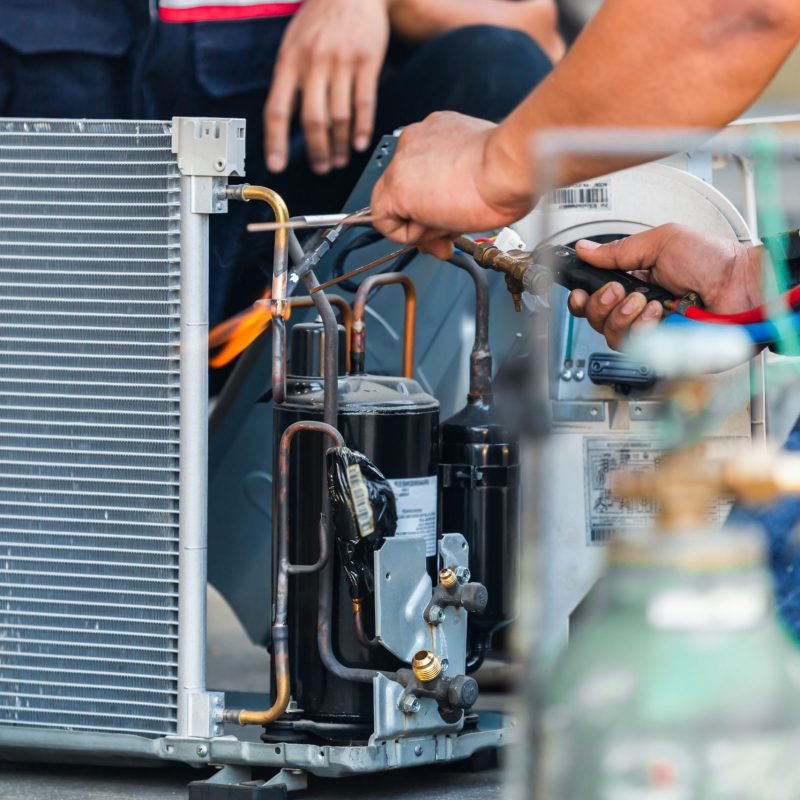Summers in the South are a mix of miserable heat that can reach triple digits and heavy, sticky humidity. University of Alabama students and faculty can agree on that.
A reprieve from the brutal temperatures is air conditioning. Therefore, it stands to reason that brutal weather could spur families to replace their air conditioners. According to new research from University of Alabama Assistant Professor of Economics Alecia Cassidy, the real drivers behind when households decide to upgrade their AC units have less to do with weather and more to do with what’s happening inside the home and with utility bills. Cassidy’s published research, “AC replacement: Heat of the moment or cool-headed choice?” in the Journal of Housing Economics, upends assumptions about how climate affects appliance replacement.
Using nearly three decades of data from the American Housing Survey, a nationally representative survey of U.S. cities, Cassidy and co-author Paul A. Brehm (Oberlin College) investigated what determines when households swap out their cooling systems.
The study followed the same houses from 1985 through 2013, providing a long-term look at how families make decisions about one of the most expensive appliances in their homes. While heat waves and muggy weather might seem like natural triggers for AC replacement, the findings suggest otherwise.
Instead, higher electricity prices and bigger monthly bills were the strongest motivators. “People respond to the financial pressure of rising utility costs,” Cassidy said. “It’s not necessarily the heat that pushes replacement, it’s the bill.” Additionally, household size and family structure emerged as predictors: Families with children were less likely to replace aging units.
Income itself is sometimes correlated with AC replacements. While wealthier households are more likely to replace younger ACs, this relationship is not as strong for older ACs.
The implications go beyond household decision-making. Cassidy notes that the findings offer lessons for how policymakers might encourage energy efficiency. Possible ways to do this include “tax incentives, or subsidies, or even energy efficiency rebates,” Cassidy said.
For families sweating through another hot summer, the weather forecast may not be the trigger for a new AC. The utility bill might be.

